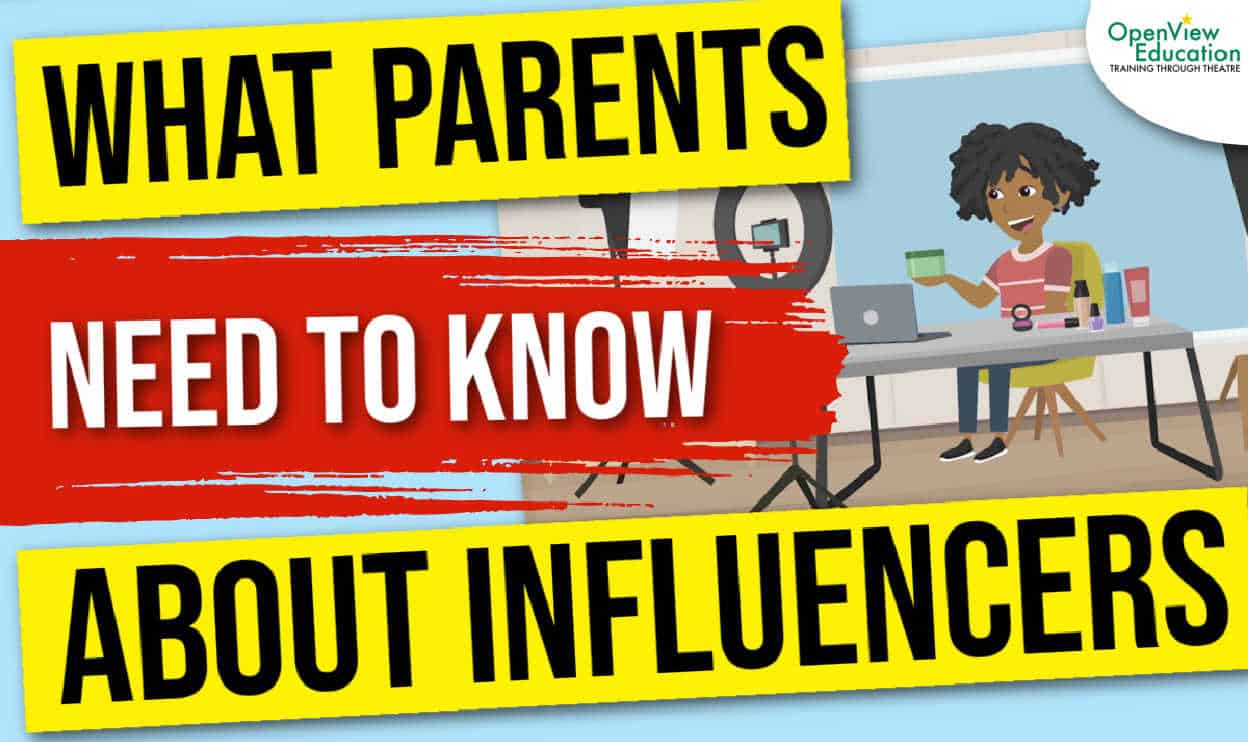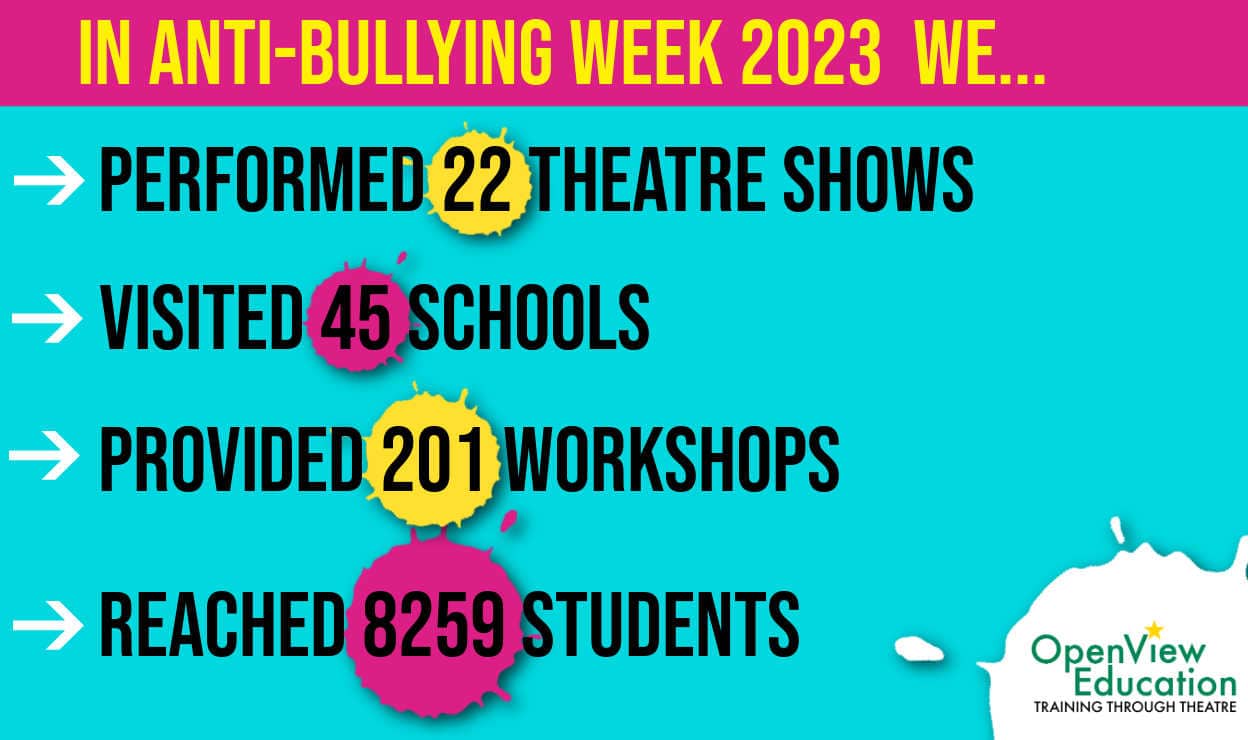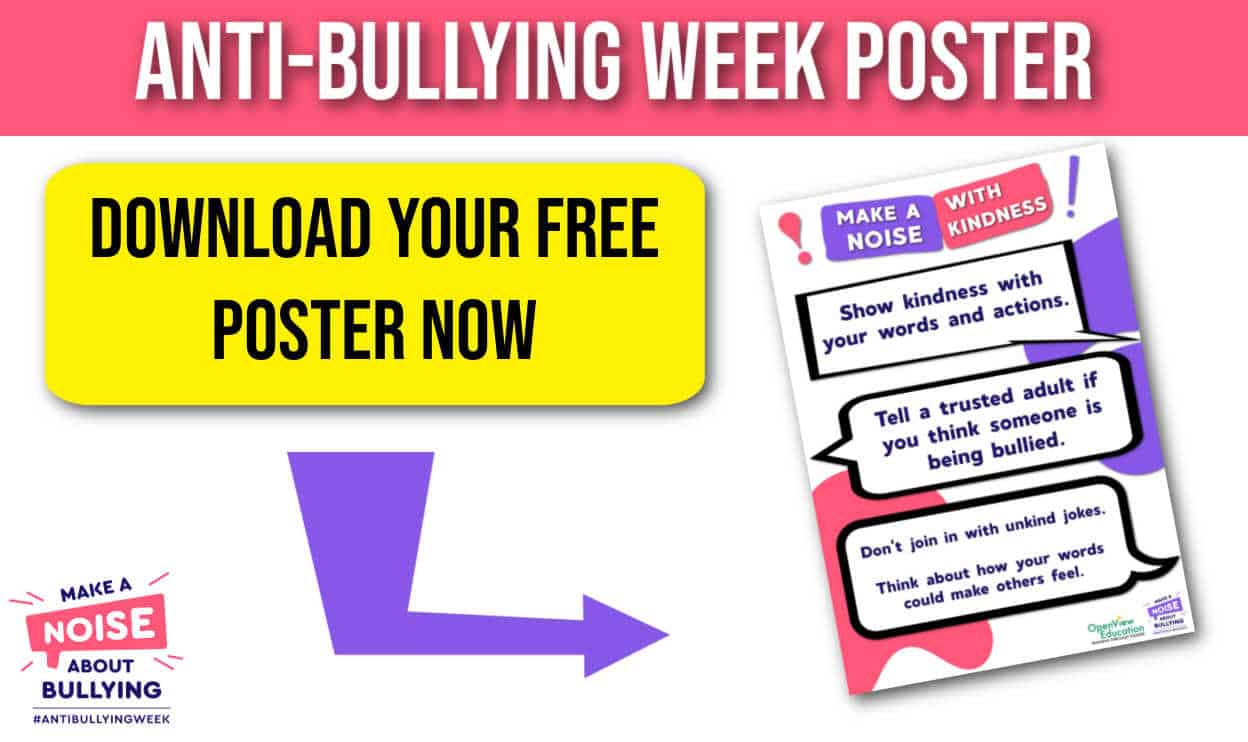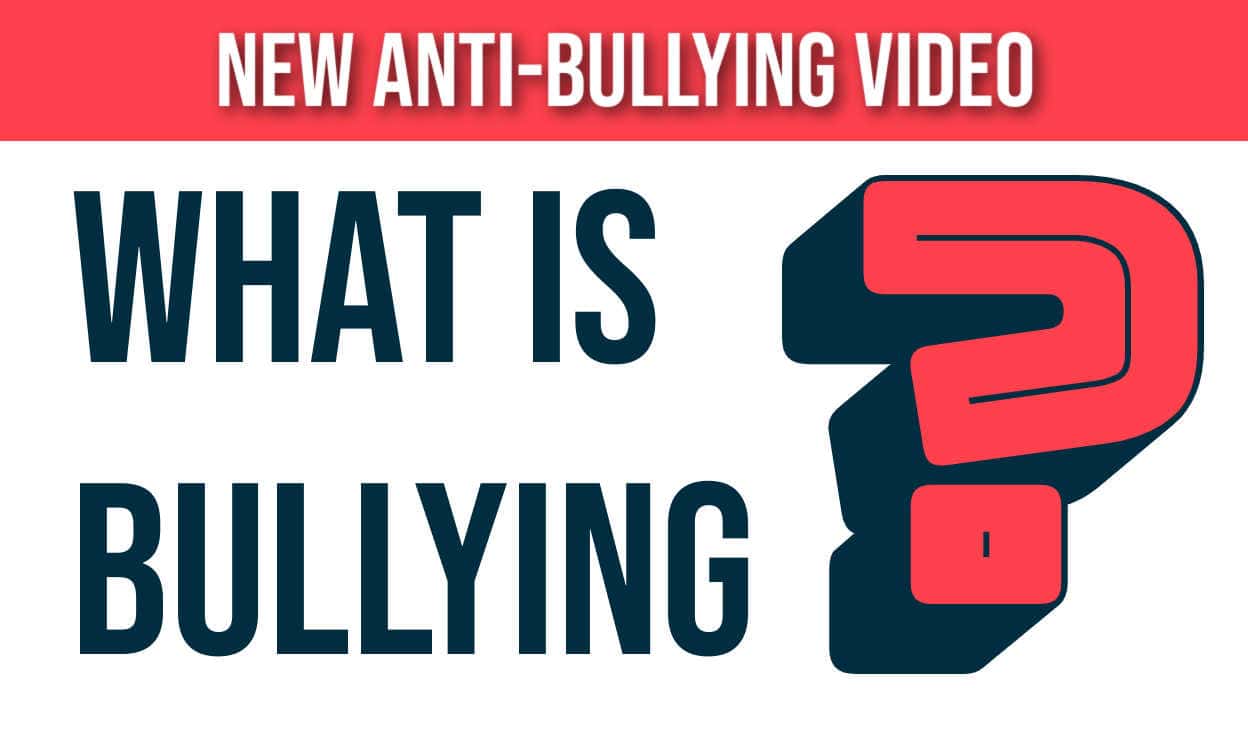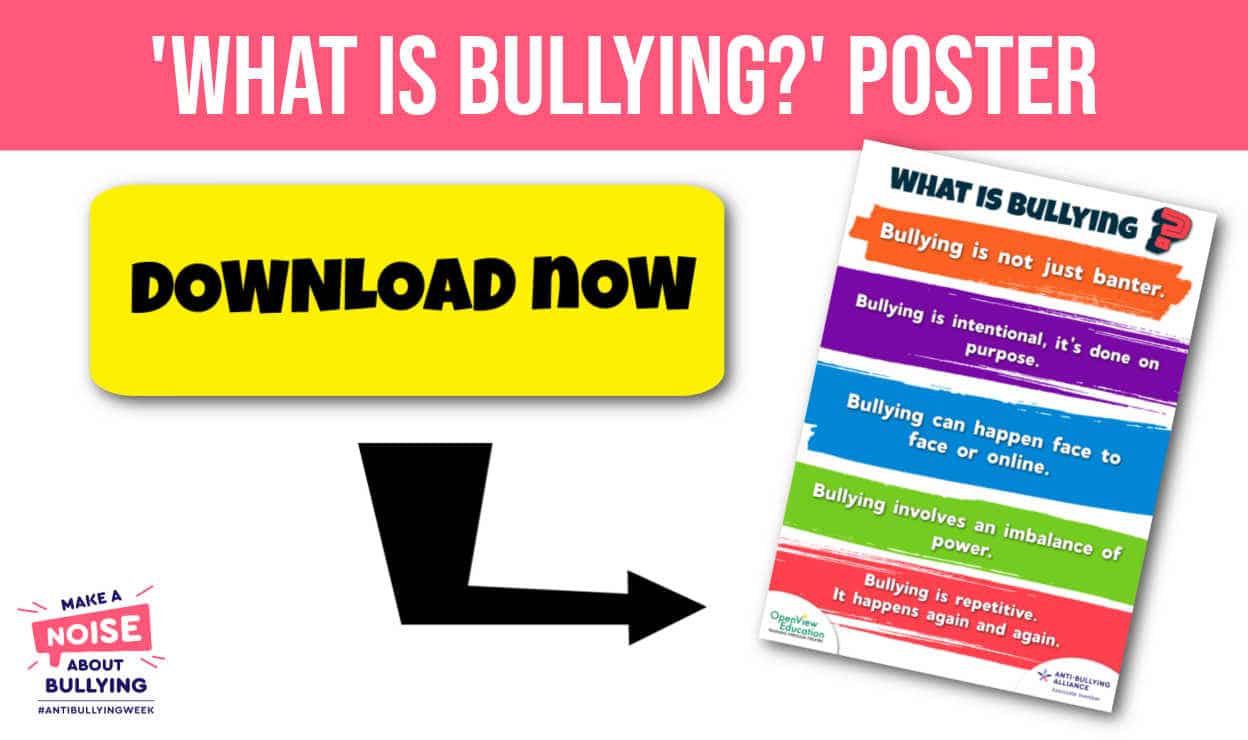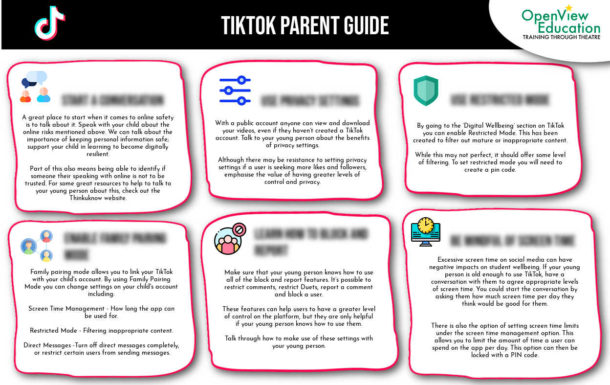Why Empathy Is The Most Important Life-Skill That All Students Should Learn
Anti-Bullying Week 2018 will be here soon, and it’s got us thinking about new ways to encourage empathy and pro-social behaviour in Primary Schools.
It turns out that being a giving and empathetic person is good for us over the long term. Adam Grant in his book Give and Take dispels the myth of the giving person being someone who is taken advantage of.
He provides three categories to explain his ideas. He describes these types as Matchers, Takers or Givers. Matchers tend match what they receive from others. If they receive a favour from someone, they will look for a way to repay that favour. However, they may not always be the first to give. Takers, as the name suggests find ways to benefit themselves. They use giving as a strategy for getting, they give as a long as it will benefit themselves.
Givers on the other hand are the first to offer help and find a way to benefit others. Givers, when part of a group will often place the needs of the group before their own. A clear example of this is when team enjoys a significant success in any area. The giver will recognise the contributions the team has made, and allow them to be seen as the ones who achieved the success. A taker may see their own contributions as more significant and feel justified in taking the credit for themselves.
In numerous studies Givers are found to achieve greater success in a range of fields. Not only this, they also make those around them better as well. Teams and groups benefits enormously from having givers as part of their line up.
And it’s easy to start the ball rolling, one simple giving act can spark other people to be more giving as well.
Do you have giving culture in your classroom? As teachers are we setting an example of giving behaviour?
By finding ways to integrate acts of kindness and giving into our daily classroom routines we can help students become more social. In our Anti-Bullying Workshops we encourage students to rehearse empathy. By taking the time to step into another person’s shoes, and to ask ourselves ‘How would they feel?’ we begin to build empathy.
If we can find empathy with another person, we are more likely to feel we want to give and help that person. Encouraging empathy and giving in a classroom is a great way to teach Anti-Bullying throughout the year. Particularly in Primary Schools for Early Years and KS1. Find out more about our approach to teaching Anti-Bullying Workshops here.
